Kuwait’s 91-year-old emir Sheikh Sabah al-Ahmed al-Jaber al-Sabah passed away on September 29. He had served as the country’s foreign minister between 1963 and 2003, prime minister from 2003 to 2006, and emir since 2006, and was instrumental in formulating Kuwait’s moderate foreign policy and role in the region as a neutral mediator. He was one of the few rulers in the Gulf, and indeed across the Arab world, whose passing was met with universal statements of condolence and admiration.
Cue the questions, then, as to what comes next in terms of a political transition in Kuwait and where this leaves it as a regional player. As a start, we know that Crown Prince (and Sheikh Sabah’s half-brother) Sheikh Nawaf al-Ahmad al-Jaber al-Sabah will be taking over as emir, but other questions remain unanswered.
Process matters
Notably, Sheikh Sabah came to power in an unusual succession process in 2006. According to the constitution, the emir selects the crown prince, who is approved by parliament and then takes on the role of emir. In 2006, however, parliament deemed then-Crown Prince Sheikh Saad al-Abdullah al-Sabah unfit to rule due to concerns about his health. Parliament then voted to grant temporary power to then-Prime Minister Sheikh Sabah, whom the cabinet later appointed as emir.
This succession process had two lasting effects: It solidified the place of parliament in matters of succession, as outlined in the constitution, even though elsewhere in the Gulf these issues are the exclusive purview of ruling families; and it ended what had previously been the alternation of power between the al-Salem and al-Jaber branches of the al-Sabah ruling family. Since 2006, the al-Jaber branch has held positions as both emir (with Sheikh Sabah in power) and crown prince (with the emir selecting his half-brother Sheikh Nawaf).
It is worth noting also that Sheikh Nawaf is the first emir who has not previously served as prime minister — indeed, the two offices were linked prior to 2003. This means that we know relatively less about the policy preferences of the “low-key” Sheikh Nawaf than we did about Sheikh Sabah when he took power, since Sheikh Nawaf has most recently served as head of the military and previously as interior minister and defense minister, rather than as prime minister.
There has been considerable anxiety about succession in Kuwait. Before he became emir this week, Sheikh Nawaf was the oldest crown prince in the world at 83, leading to the question of whom he will choose as his successor. So far, things have proceeded as set out in the Kuwaiti constitution, and Sheikh Nawaf has up to one year to appoint his crown prince, so we should expect a nomination in the coming weeks or months. (Sheikh Sabah appointed his crown prince 22 days after his ascension to the throne, and Sheikh Jaber before him named his crown prince 47 days after taking power.) After the crown prince is named, parliament must then approve the candidate, or the emir must send three alternatives, on which parliament votes.
Enter: Parliament
In the midst of the questions about the next crown prince, parliamentary elections are scheduled to take place in the coming months — most likely on November 28, but by December 10 at the latest. The constitution requires that parliamentary elections take place within four years of the swearing-in of the last parliament, which was elected in November 2016. The last election saw the return to parliament of many (though not all) blocs affiliated with a cross-ideological opposition after a four-year-long boycott following the emir’s introduction of a single non-transferrable vote (SNTV) system.
The opposition therefore has some presence in the legislature, yet there is some confusion about what is meant by “opposition” in Kuwait at present. There have not been major moves toward advancing the call for political reform through, for instance, a change in the SNTV electoral law or the implementation of an elected prime minister, among other issues the opposition had previously raised. Instead of focusing on pushing through such broad-based measures, then, opposition has been expressed through interpellations (or “grillings”) of ministers in parliament, largely based on corruption charges. That said, it is possible that this year’s election could bring a substantial opposition presence, largely due to discontent about the government’s handling of the COVID-19 pandemic and due to anxieties about Kuwait’s economic position and corruption more broadly.
Parliament’s composition is important because the candidate for crown prince will need parliamentary approval. In my opinion, Sheikh Nasser Sabah al-Ahmed al-Sabah and Sheikh Nasser Mohammed Ahmed al-Jaber al-Sabah are the most likely candidates for crown prince. Sheikh Nasser Sabah, the former emir’s 72-year-old son, is a key figure in Kuwait’s “Vision 2035” plans for economic diversification. He was removed from cabinet (where he was defense minister and deputy prime minister) in November 2019 after publicly accusing the prime minister of failing to combat corruption in the cabinet — a move that could help his popularity, given the widespread approval of anti-corruption rhetoric in Kuwait at the moment. Sheikh Nasser Mohammed is the former prime minister and the emir’s 79-year-old nephew, who remained an adviser to Sheikh Sabah after resigning from his position as prime minister in 2011. Notably, his resignation was submitted due to pressure from protesters and the opposition over corruption allegations. Both candidates come from the al-Jaber line of the family, and their advanced ages could limit their potential reigns.
Other potential candidates for crown prince include Sheikh Mishaal al-Ahmed al-Jaber, one of the emir’s brothers. At 81, he seems an unlikely contender, but is deputy chief of the National Guard and, unlike other potential candidates, accompanied Sheikh Sabah to the Mayo Clinic for medical treatment. Another less likely candidate is Sheikh Mohammed Sabah al-Salem al-Sabah, a 64-year-old former deputy prime minister and foreign minister. He is the only candidate under discussion from the less powerful al-Salem branch of the al-Sabah family, which has largely been sidelined since 2006, with no signs (at least from the outside) of a return to power.
Kuwait — unlike some of its neighbors in the region — has meaningful institutions.
Kuwait’s policy direction
It is likely that Sheikh Nawaf’s rule will involve greater focus on domestic economic issues. Earlier this week, Moody’s for the first time downgraded its rating of Kuwait due to liquidity concerns, and anxiety has been mounting about Kuwait’s economic position since the start of the COVID-19 pandemic. In some ways similar to Sultan Haitham bin Tariq in Oman, then, Sheikh Nawaf will likely retain the country’s foreign policy status quo, focusing instead on getting the economic house in order domestically. Of course, Sheikh Nawaf’s choice of crown prince will inform how Kuwait’s economy is reformed and could influence foreign policy decisions, but I do not expect any major sea changes in Kuwaiti policy abroad. It is worth noting, however, that the Kuwaiti parliament will continue to have a role in the country’s policies, encumbering any new crown prince from becoming, for instance, Kuwait’s version of the powerful Saudi Crown Prince Muhammed bin Salman.
So, although Sheikh Sabah was a key architect of Kuwait’s foreign policy, Kuwait is much more than its emir. As demonstrated by the intricacies of its succession process, Kuwait — unlike some of its neighbors in the region — has meaningful institutions. In addition, public opinion matters to the Kuwaiti leadership; the country’s foreign policy is popular both at home and abroad, and so there is little reason or likelihood that it will change. Rather, the economic concerns will take center stage. With the pressures of the COVID-19 pandemic on the one hand and the ambitions of Vision 2035 on the other, it is likely that Sheikh Nawaf and his crown prince will look inward to putting in place economic reforms and stamping out corruption.
The Brookings Institution is committed to quality, independence, and impact.
We are supported by a diverse array of funders. In line with our values and policies, each Brookings publication represents the sole views of its author(s).

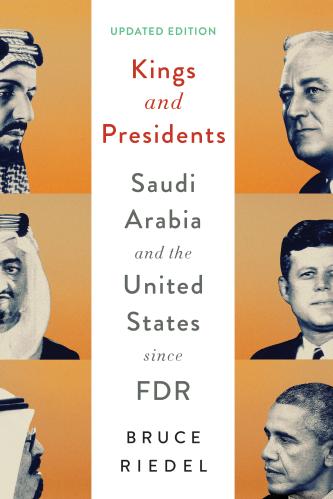
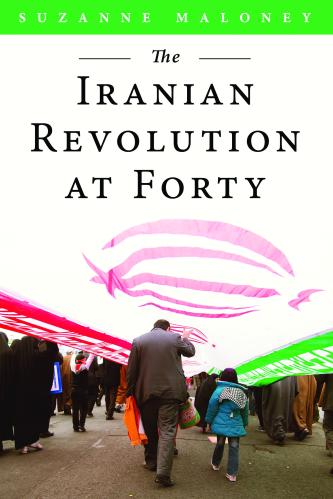
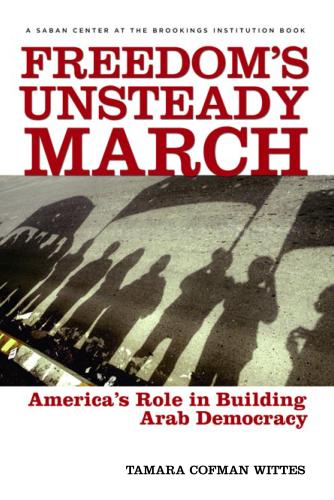
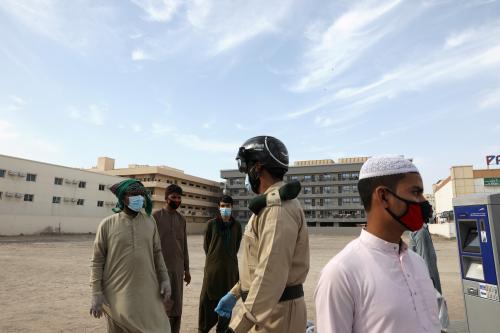


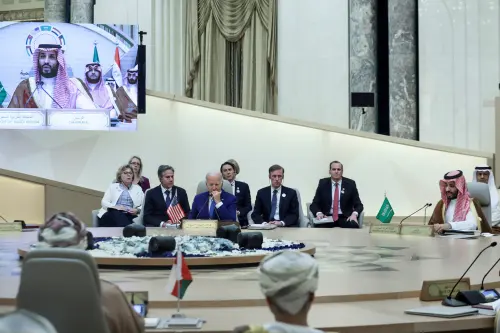

Commentary
The post-Sabah era in Kuwait
September 30, 2020